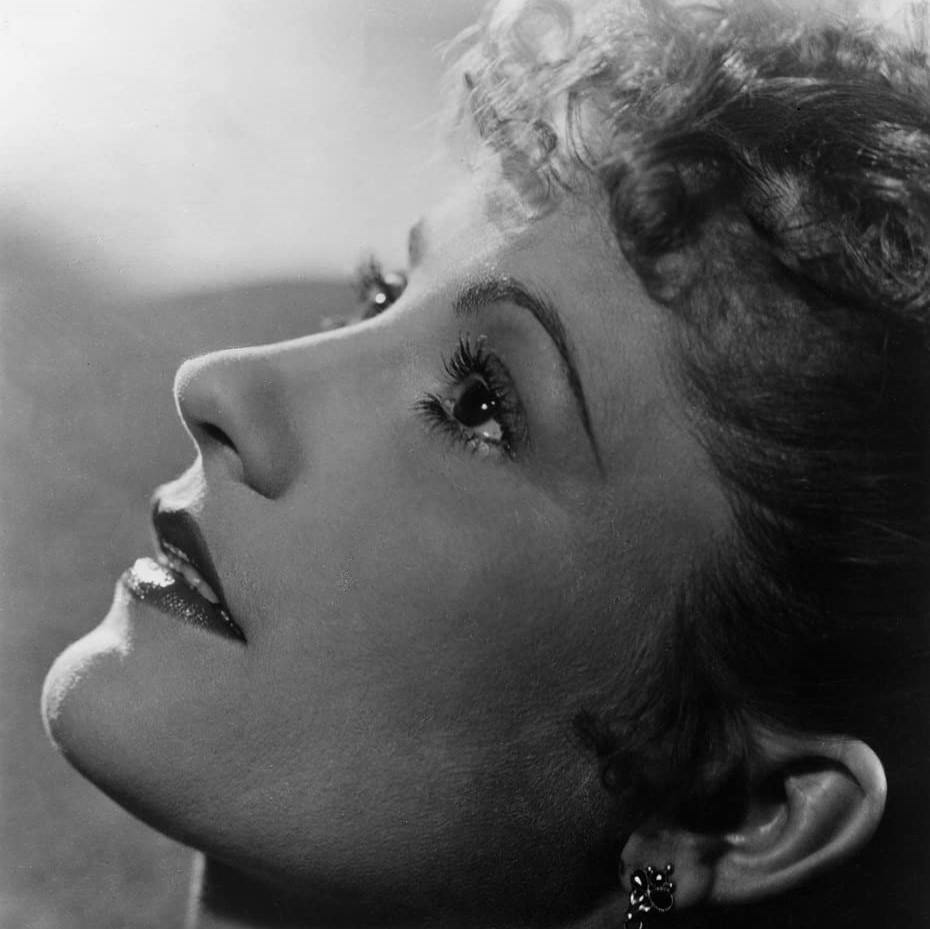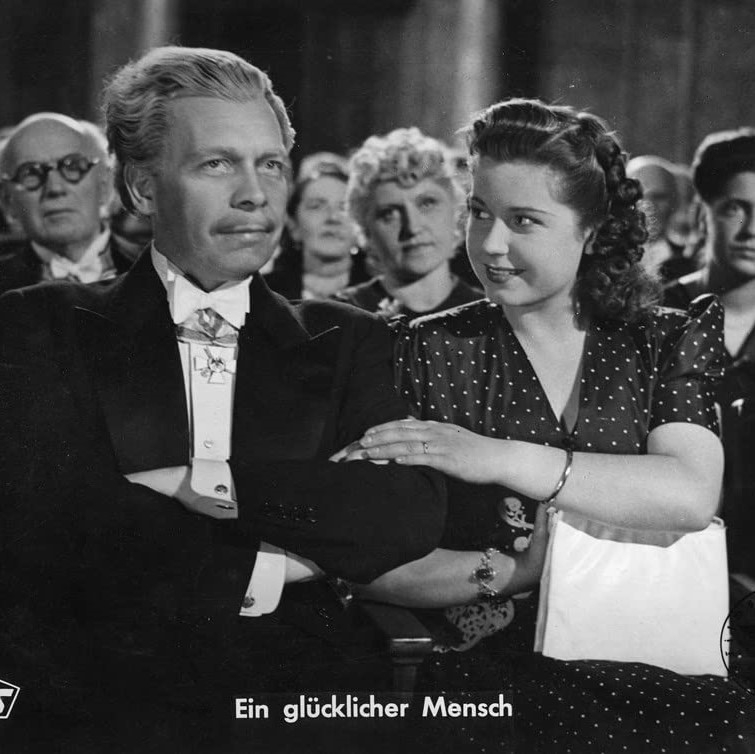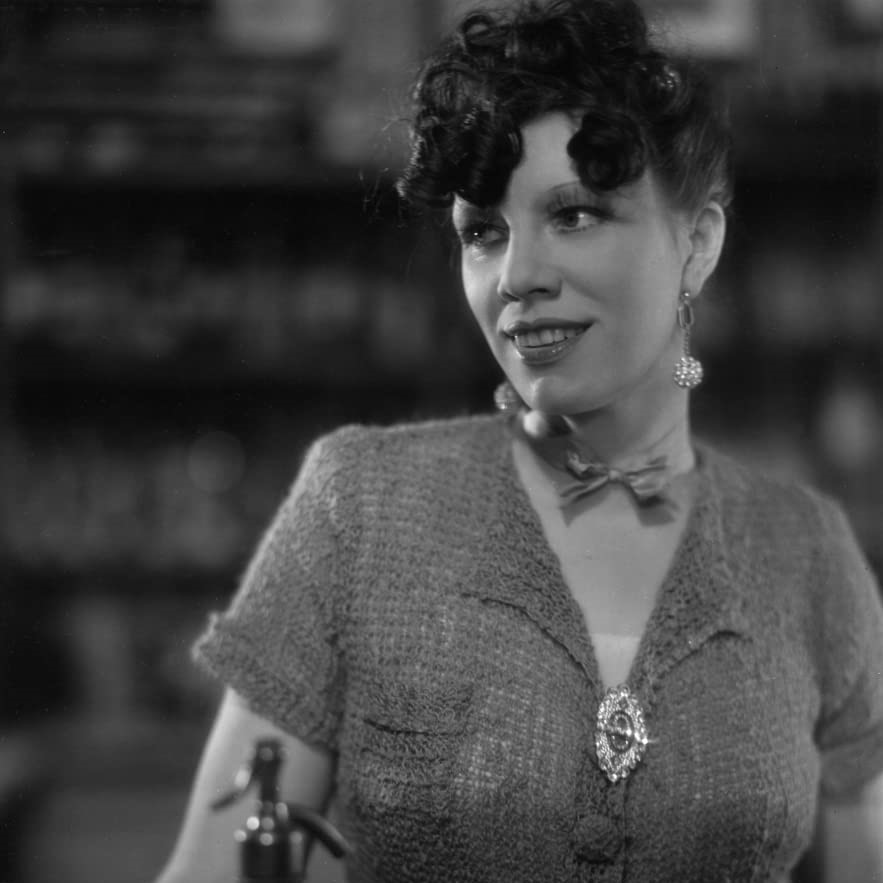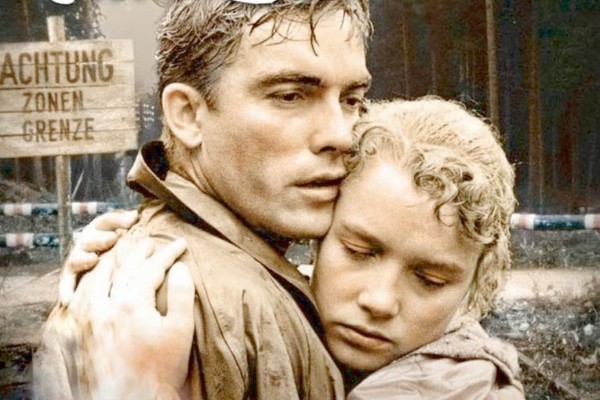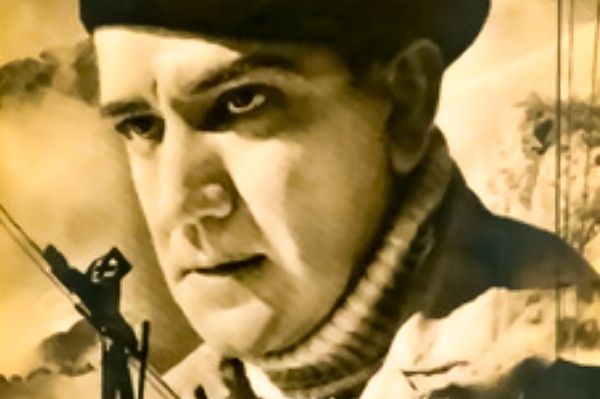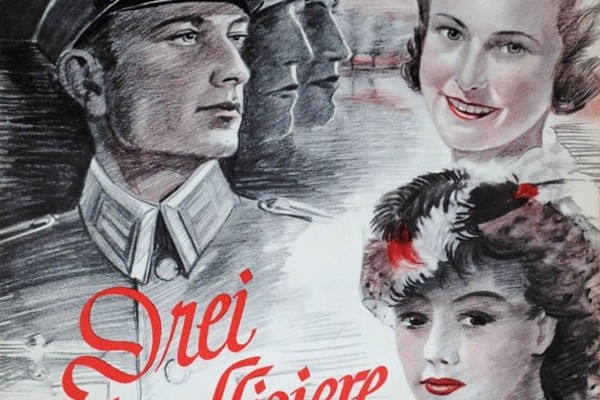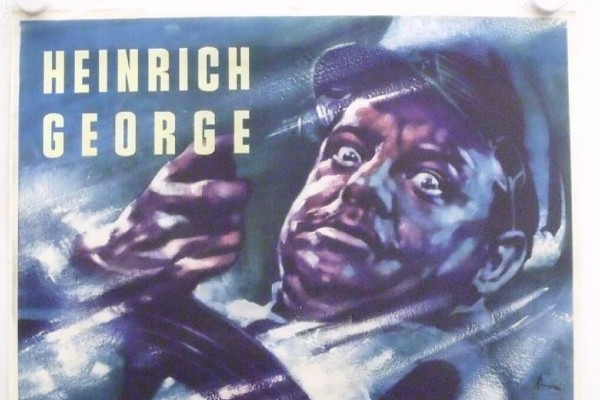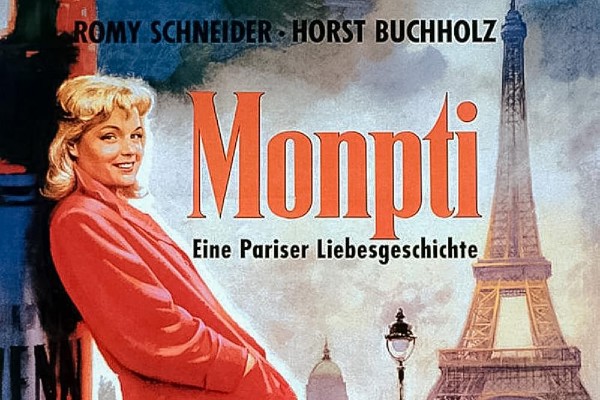
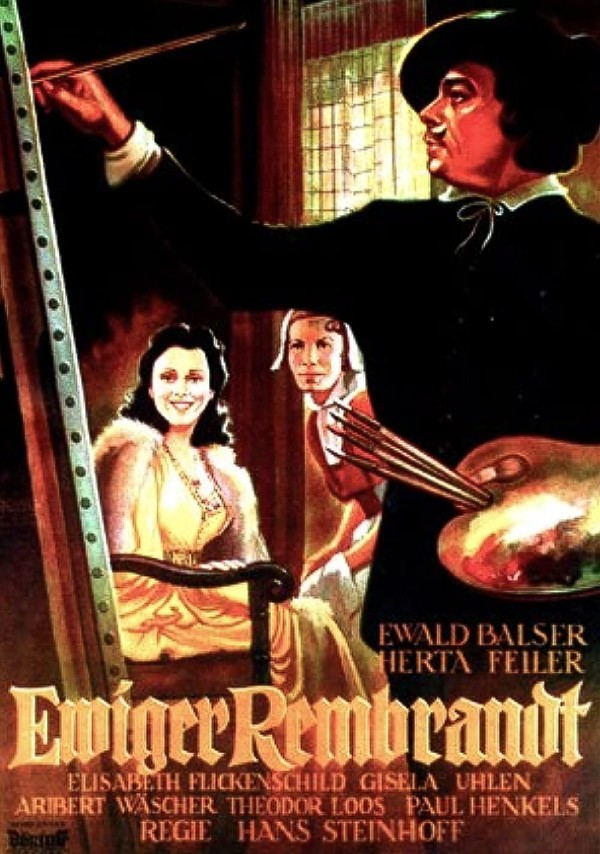
1942
Rembrandt
Already a famous painter, Rembrandt van Rijn is commissioned to paint the Amsterdam Archers' Guild. But upon completion of the picture, the men of the guild feel duped, because they don't consider themselves flatteringly depicted in the painting. They therefore decline to pay for the work. During this dispute, the painter finds out his wife is close to death. He finds himself terribly lonely after her passing and suffers from depression until he decides once more to marry.
Additional materials
Rembrandt (1936 English version. Alexander Korda)
Admin comments
The best version of all Rembrandt movies. A giant amongst pygmies.
“One wonders how director Hans Steinhoff, dismissed by Billy Wilder as ‘a talentless idiot’ could have turned out so many marvelous films! This is a stunning biopic of Rembrandt van Rijn whose uncompromising pursuit of his artistic vision makes him one of the greatest painters of all times. As one would expect from UFA studios the production values are exceptional courtesy of Richard Angst as cinematographer and Walter Roehrig as art director. There is a marvelous score by Alois Melichar which is used sparingly and to great effect. The performances are out of the top drawer. Hertha Feiler as Saskia, Gisela Uhlen as Hendrickje Stoffels and the fascinating Elisabeth Flickenschildt as Geertje Dierks. Rembrandt himself is portrayed by the brilliant Ewald Balser who captures beautifully the artist’s single-mindedness and humanity. The scene where he paints the seated Hendrickje (now in the National Gallery) whilst debtors strip his house bare, is unforgettable. The harsh realization that Genius is seldom recognized in its own lifetime and that giants are very often dragged down by pygmies makes the final scene where he gazes upon his cruelly neglected masterpiece ‘The Night Watch’ even more telling. I would strongly recommend watching Ewald Balser as Beethoven in ‘Eroica’ of 1949. Another knockout performance.” Brogmiller January 7, 2020.
I want to draw the viewer’s attention to Rembrandt’s most profound philosophical monologue at the end of the film about the role and meaning of the artist in life. What is success for an artist? Artist’s destiny and fate. Compare with a primitive, shtetl 1936 production, courtesy of Alexander Korda.
Cast & Crew
User Reviews
There are no reviews yet. Be the first one to write one.

